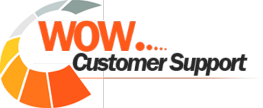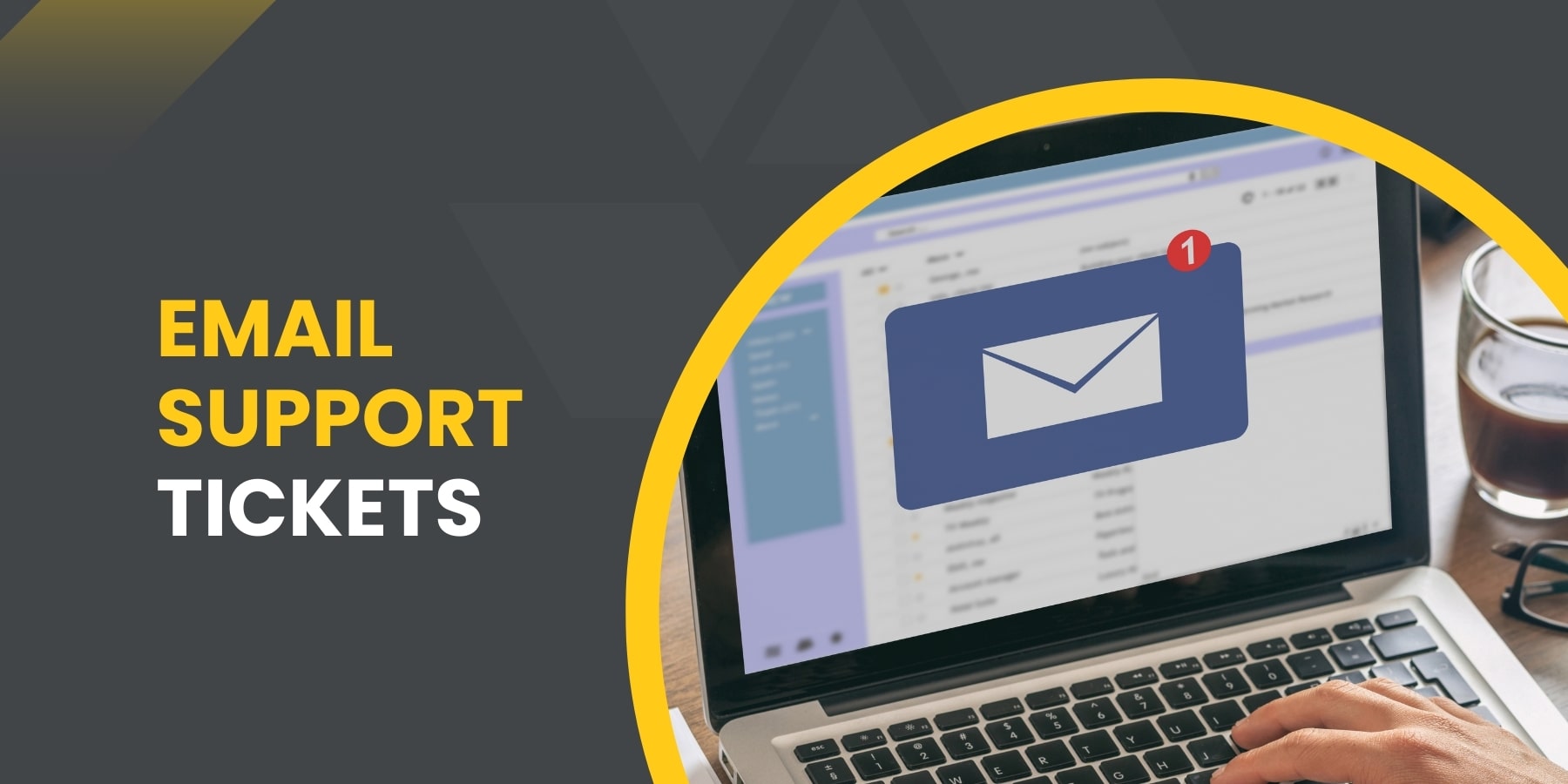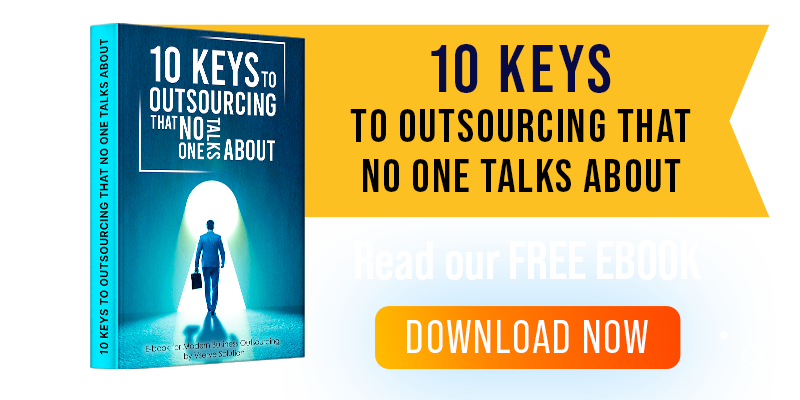Are you looking to make your customer service contact center more efficient and effective? Implementing outbound call center services could be a great way to take your customer service initiatives to the next level.
Outbound call center services are an often overlooked method of providing excellent customer service. These solutions can help businesses go above and beyond in their communications with customers and streamline their processes. Outbound calling services allow companies to take on a proactive approach to addressing customer needs rather than just responding to inquiries as they come in.
This article will provide an invaluable guide for anyone looking to incorporate outbound contact center services into their existing customer support strategies. We'll explore the benefits of this type of solution, covering everything from developing scripts and staffing requirements to troubleshooting and best practices. By the end of this article, you’ll have a better understanding of what outbound customer service entails and how it can positively impact your business operations.
Understanding Outbound Call as a Function
A commercial operation known as an "outbound call center service" uses customer service employees and sales representatives to place calls to third parties, such as clients, potential clients, or rival companies.
Outbound calling services can either make outgoing calls only or outbound and inbound calls simultaneously. An outbound call, in contrast to an inbound call, starts with a sales or support representative calling a prospect's or customer's phone number. Companies utilize outbound contact center services for the following purposes, depending on the type of business and the larger industry:
- Telemarketing sales cold calls
- Calls to customer service
- Marketing analysis
- Fundraising for a non-profit or charity
- Upkeep of contact lists
- Research outreach
- Messages to clients
- Requesting data from other companies
- Follow-ups after purchases
However, if an outbound call center service is successful and efficient, it will be able to serve its goal. Businesses may enhance the customer experience and boost their reputation by utilizing metrics to gauge the success of their outbound contact center services.
Outbound calling services place a lot of emphasis on having accurate and clean call lists, having access to client history, and having good connect and conversion rates.
Should Your Call Center Operate With Outbound Calling?
It's crucial to comprehend the function of outbound phoning before deciding to include it in your overall organizational plan. Your call center's location and budget will also impact your selection regarding implementing outbound calling services capabilities.
Outbound call functionality can be appropriate for your business if one of the goals in the bullets mentioned above is part of your business plan. Most contemporary outbound call center services employ a digital tool with a power dialer feature that enables customer service representatives and helps desk representatives to locate and dial a contact's phone number swiftly. They get the appropriate information and context as soon as the phone rings, thanks to smart integrations that allow them to examine the call history simultaneously.
Customers value personalized responses, which call operators will be able to provide by connecting outbound calls with your CRM platform. Software for outbound calls will also assist with regulatory compliance.
When deciding whether to use an outbound call strategy, location is a key factor. On-site outbound calls have advantages and disadvantages compared to virtual call centers. Some businesses operate from a fixed location where they can manage personnel and security. It's crucial to consider the expenditures associated with office expenses before selecting a choice.
A virtual call center is an alternative for businesses that require outbound calling service capabilities but cannot afford the associated office costs. The fact that employees can work from home lowers setup costs. Both physical and virtual call centers can deploy distributed or remote teams.
Outbound Calling Services: Best Practices
Providing good customer service and compliance are fundamental to many of the call center's best practices for outbound calling services. Legally speaking, call center businesses must be aware of what constitutes an outgoing call. If you have a business in the United States, your contacts have the right to choose not to receive sales and marketing calls under federal law.
You must accede if they ask you to put their names to the National Do Not Call Registry (DNC). Pre-recorded messages, calling hours, and other regulations are outlined in the Telephone Consumer Protection Act (TCPA). If your call center is not configured for compliance, you risk receiving hefty fines and negative feedback from your contacts.
The best potential reaction from your consumers may be obtained by following best practices for call centers, which will assist your call operators in providing sincere responses laced with empathy and connection.
Write Your Scripts
Making a strong first impression from the very first call is crucial. Write your scripts so that call agents can read them aloud without seeming robotic or too prepared. Encourage them to be aware of their tone, making sure it's upbeat and energetic yet seeming genuine.
Talk to Your Agents
Encourage your representatives to concentrate on the purpose of the caller's call, even though customers value a personal touch. Customers appreciate it when you respect their time because they have busy lifestyles.
Identify The Customers Needs
The numbers call agents are dialing belong to someone with a specific need that your organization can meet; make sure that support agents are aware of this requirement before they even say "hello." Outbound calling services can assist in identifying their unique needs and problems, and you can use that data to improve your support and customer care.
People grow weary of call center employees who squander their time on sales calls they aren't even somewhat interested in, which is why support professionals generally receive a bad name. Outbound call center service agents can approach a call with precise information, handle their needs, and let consumers quickly return to activities thanks to a cloud-based phone system and other digital applications.
How to Assess Outbound Call Performance
Consider the metrics for gauging outbound calls regarding activity, client satisfaction, and productivity. You may view the number of outbound (and inbound) calls your agents place each day on a dashboard offered by a cloud-based phone system. Additionally, it will reveal how much time was spent on calls overall.
Your dashboard will assist you in assessing customer service if you also handle inbound calls. It shows the proportion of missed calls among all incoming calls you received. Additionally, it displays the percentage of voicemails received from you. Checking out the average wait time for your customers to speak with a call representative and the average treatment time—the time it takes until a user archives a voicemail or missed call in the phone app—will also be helpful.
You may gauge your productivity by keeping an eye on the typical length of outgoing calls and the typical number of calls made per user. Simply divide the number of calls made in a day by the number of calls made by agents throughout that day.
Your results offer insightful information that you can use to set benchmark objectives and boost performance. You can significantly improve the effectiveness of your calling strategy by using A/B tests.
Conclusion
Outbound contact center services offer an excellent opportunity for businesses to enhance their customer service initiatives, increase customer retention rates, and positively impact their reputation. However, the effectiveness and efficiency of these centers must be measured to deliver a high-quality customer experience. To make the best first impression on customers, agents should follow best practices that prioritize compliance and personalization. These best practices include writing scripts that are appropriately rehearsed, focusing on the reason for the call, and understanding the customers' needs before initiating the call.
Additionally, a cloud-based phone system and other digital applications help contact center agents approach calls with accurate information and promptly provide customer support and assistance. Businesses can continuously improve their performance and ensure customer satisfaction by measuring outbound call center effectiveness based on activity, customer service, and productivity.
At Wow Customer Support, we understand that every business has unique needs. That's why we offer flexible and tailored outbound call center solutions designed to align with your specific requirements. With our expertise in key metric management, we can help you optimize each call and maximize your sales opportunities. Contact us today to learn how our personalized approach can benefit your business!






